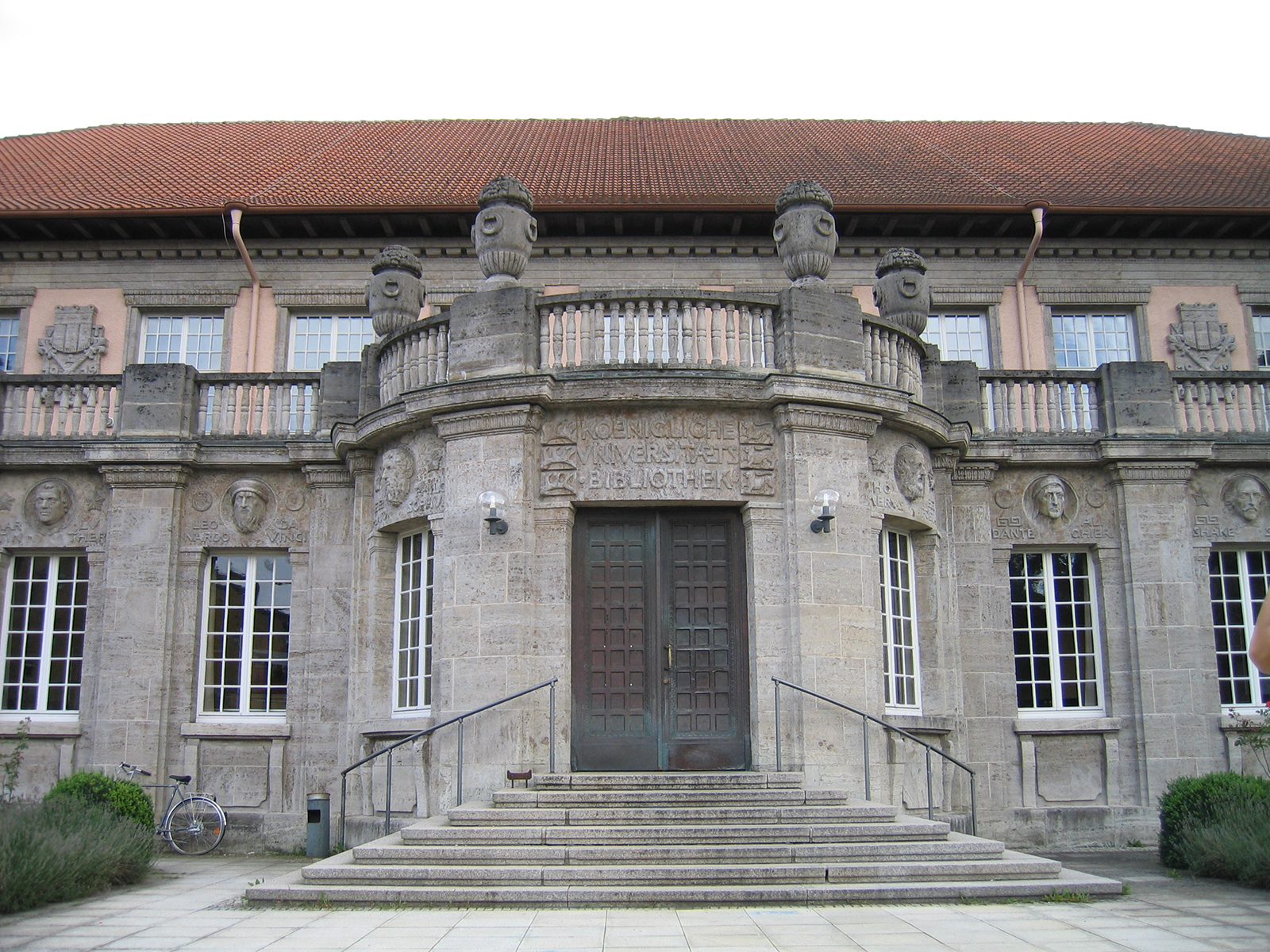University of Tübingen- Joint project on cancer research confirmed
The oncological top centers in Tübingen-Stuttgart (CCC-TS) and Ulm (CCCU) have been confirmed in their function as the joint location “NCT-SüdWest” of the extended National Center for Tumor Diseases (NCT). The decision was announced by Federal Research Minister Bettina Stark-Watzinger at an event of the National Decade against Cancer. The extended NCT, which consists of six locations, is to be funded with 98 million euros a year when it is completed. This is the largest financial network funding for national cancer research in the history of the Federal Republic.
The confirmation was preceded by a two-year strategy phase in which the newly selected NCT locations had to develop and present a strategy concept. With success, as the NCT-SüdWest with its main location in Tübingen is now proving: “The decision by the international panel of experts and the BMBF fills us with pride and confirms our common goal of taking clinical cancer research to a new level,” emphasizes Prof .Dr. Lars Zender, coordinator of the NCT-SüdWest and medical director of medical oncology and pneumology at the University Hospital in Tübingen.
The overarching goal of the expanded NCT and thus of all locations is to support clinical cancer research in Germany and to give more patients faster access to new innovative cancer therapies. To this end, the number of clinical studies in oncology is to be increased significantly. In particular, the financial support is intended to ensure that therapy concepts developed in-house at the university hospitals and oncological top centers can be transferred to the clinical testing phases. The extended NCT is a long-term cooperation between the German Cancer Research Center (DKFZ), excellent partners in university medicine and other outstanding research partners at various locations in Germany.
The concept of “patients as research partners” will play a major role here. “Patient participation in clinical research is a decisive factor and is a novelty in German cancer research in this way,” explains Prof. Dr. Hartmut Döhner, coordinator of the Ulm partner location and medical director of the Clinic for Internal Medicine III at the University Hospital Ulm. There will be regional NCT patient councils at each NCT location, with an overarching “National NCT Patient Research Council” in close cooperation with the Patient Expert Academy (PEAK). Patients are therefore integrated into clinical research on an equal footing right from the start. Patient representatives were already involved in the development of future structures during the conception phase for the extended NCT.
“Thinking about cancer research together with patients is another decisive step towards our common goal of improving the prognosis and thus the quality of life of cancer patients,” says Prof. Dr. Matthias Schwab, coordinator of the partner location in Stuttgart and head of the Dr. Margarete Fischer-Bosch Institute for Clinical Pharmacology (IKP) at the Bosch Health Campus (BHC), which also includes the Robert Bosch Hospital and the Robert Bosch Center for Tumor Diseases. In addition to bringing in broad pharmacological expertise, the Stuttgart location will also support the NCT-SüdWest by recruiting cancer patients from the Stuttgart metropolitan region.
The NCT-SüdWest plays a pioneering role in Germany in the area of academically developed new targeted molecular therapies. New therapeutics, which were developed in the academic drug center TüCAD2 (Tübingen Center for Academic Drug Discovery and Development), are now to be transferred to the clinical testing phase as part of the NCT, together with new imaging methods and new immunotherapies.
With the main location in Tübingen, the future partner location NCT-SüdWest has an excellent environment in the field of clinical cancer research. The status as a renowned university of excellence, the internationally renowned university hospital and the only German excellence cluster in cancer research, iFIT, bear witness to this. In addition, there is the long-standing and successful cooperation between the two top oncological centers in Tübingen-Stuttgart and Ulm in the joint implementation of clinical studies and in the establishment of the network of centers for personalized medicine.

